
Experienced tofu maker guides how to distinguish clean tofu and tofu containing gypsum

Tofu Containing Gypsum: How to Recognize It and Why It Can Be Harmful to Your Health
Tofu that contains gypsum is often firmer and heavier than tofu made using traditional methods. Eating this type of tofu in large amounts may negatively affect your health.
Tofu, made primarily from soybeans, is a nutritious, inexpensive, and widely available food found in markets and supermarkets across the country. From this humble ingredient, countless delicious dishes can be prepared — from crispy fried tofu and tofu in tomato sauce to tofu stuffed with minced meat. Its versatility and delicate flavor make it a staple in many Asian households.
How Tofu Is Made
Traditionally, tofu is produced from ground soybeans that are cooked, strained, and coagulated to form curds. These curds are then pressed into soft white blocks. To achieve coagulation, producers typically use natural souring agents such as vinegar or fermented tofu water from previous batches.
However, according to Associate Professor Dr. Nguyễn Văn Sức, Head of the Department of Chemical and Food Technology at Ho Chi Minh City University of Technical Education, many modern tofu producers use gypsum (calcium sulfate) instead. Gypsum acts as a fast-setting agent that helps the soy protein curdle and solidify quickly. When used, the tofu mixture forms curds much faster, and the yield of tofu can double compared to traditional methods.
The Problem with Industrial Gypsum

Dr. Sức explained that food-grade gypsum can be used safely in limited quantities, as it is highly purified and can even serve as a minor source of calcium. However, industrial-grade gypsum, which is often cheaper, is not safe for consumption. It contains many impurities such as lead, cadmium, and other heavy metals, which are toxic to the human body.
Frequent consumption of tofu made with low-quality gypsum can damage the digestive system, liver, and kidneys. Over time, toxic accumulation may lead to chronic poisoning and increase the risk of kidney stones and other serious health problems.
Traditional Methods Still Work
According to a veteran tofu maker in Hanoi, who shared insights with VietNamNet, it is completely unnecessary to use gypsum when making tofu. By using natural acids such as vinegar or fermented tofu water, producers can achieve the same curdling effect safely — though the yield may be lower. Unfortunately, driven by profit, many producers opt for industrial gypsum to increase production volume and reduce costs.
How to Identify Safe, High-Quality Tofu
A good, safe tofu should be ivory white, soft, and slightly elastic. It should have the natural fragrance and nutty flavor of soybeans, with a smooth and creamy texture similar to warm soy milk skin.
When buying tofu, pay attention to color, texture, and smell:
-
Color: Examine all sides of the tofu. If the edges turn yellow after exposure to air, it may contain gypsum. The more yellow the tofu appears (except for turmeric-seasoned varieties), the more likely it has gypsum added. Fresh tofu should remain pale ivory.

-
Taste: Tofu containing gypsum often has a slightly bitter or astringent taste. If too much filler or gypsum is used, the tofu will feel dense, heavy, and rigid when pressed between fingers.
-
Texture: Traditional tofu is soft, light, and tender. In contrast, gypsum-based tofu tends to be heavier and lacks elasticity. Excessive firmness is usually a warning sign.
-
Smell: Avoid tofu with an unnaturally strong or artificial aroma, as this may indicate the presence of chemical additives or flavor enhancers.
A Note on Fried Tofu
It is also advisable not to buy pre-fried tofu sold in wet markets. Not only is it difficult to tell whether it contains gypsum, but the frying oil used is often of poor quality and may have been reused many times. Such oils can form harmful compounds that increase the risk of digestive and cardiovascular issues.
In Summary
Tofu remains one of the healthiest and most versatile plant-based foods when prepared properly. However, the growing use of industrial gypsum poses real health risks. For your family’s safety, buy tofu from reputable sources, check its color and texture carefully, and consider making your own tofu at home using traditional, natural coagulants like vinegar or fermented tofu water. Doing so ensures both the purity of flavor and the peace of mind that comes with eating clean, wholesome food.
News in the same category


The sink is clogged with hot water: Do this immediately to quickly unclog it and remove the bad smell.
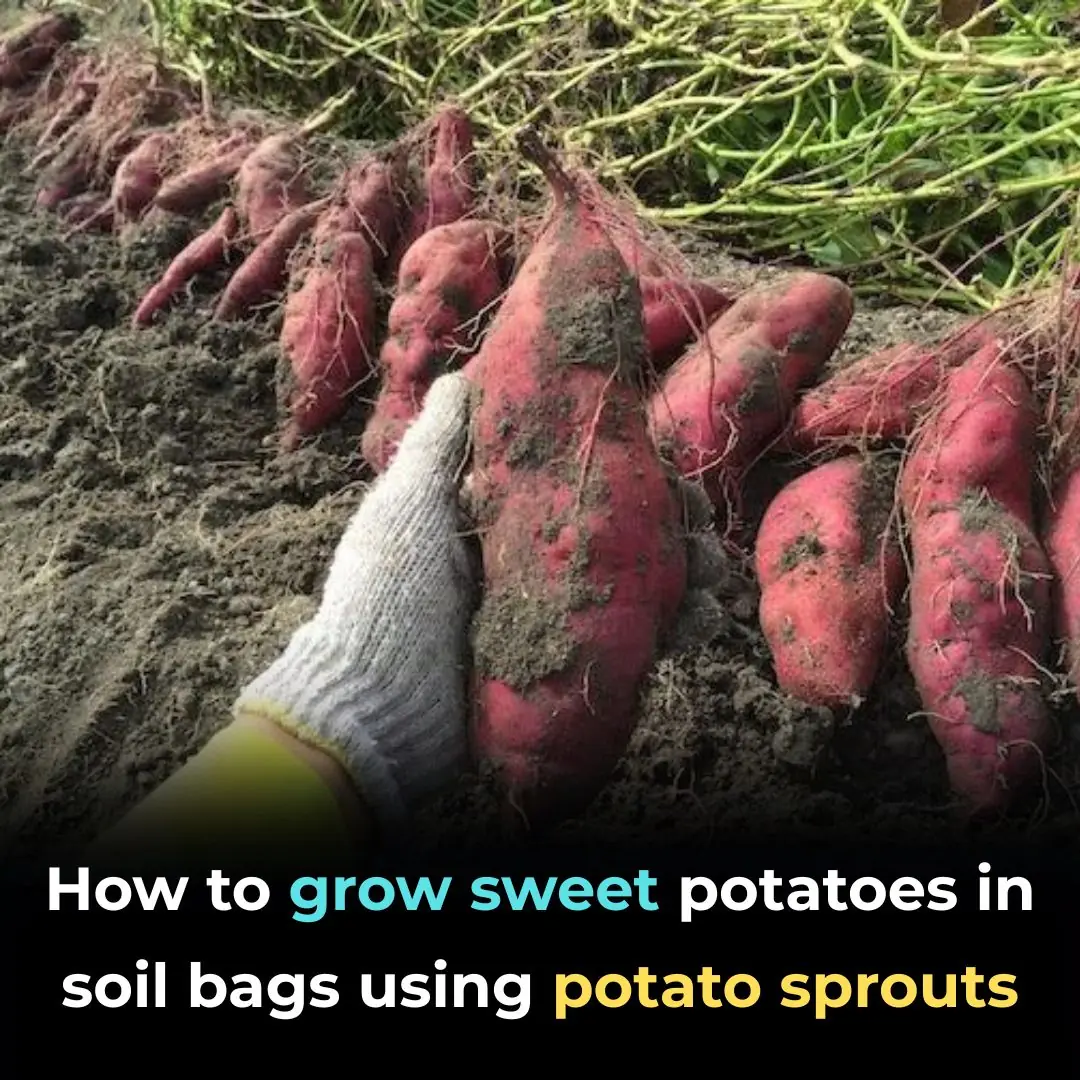
How to grow sweet potatoes in soil bags using potato sprouts

Yellow pillow stuffing with tiny spots that can't be washed off with soap: Soak it in this and it will be spotlessly clean.
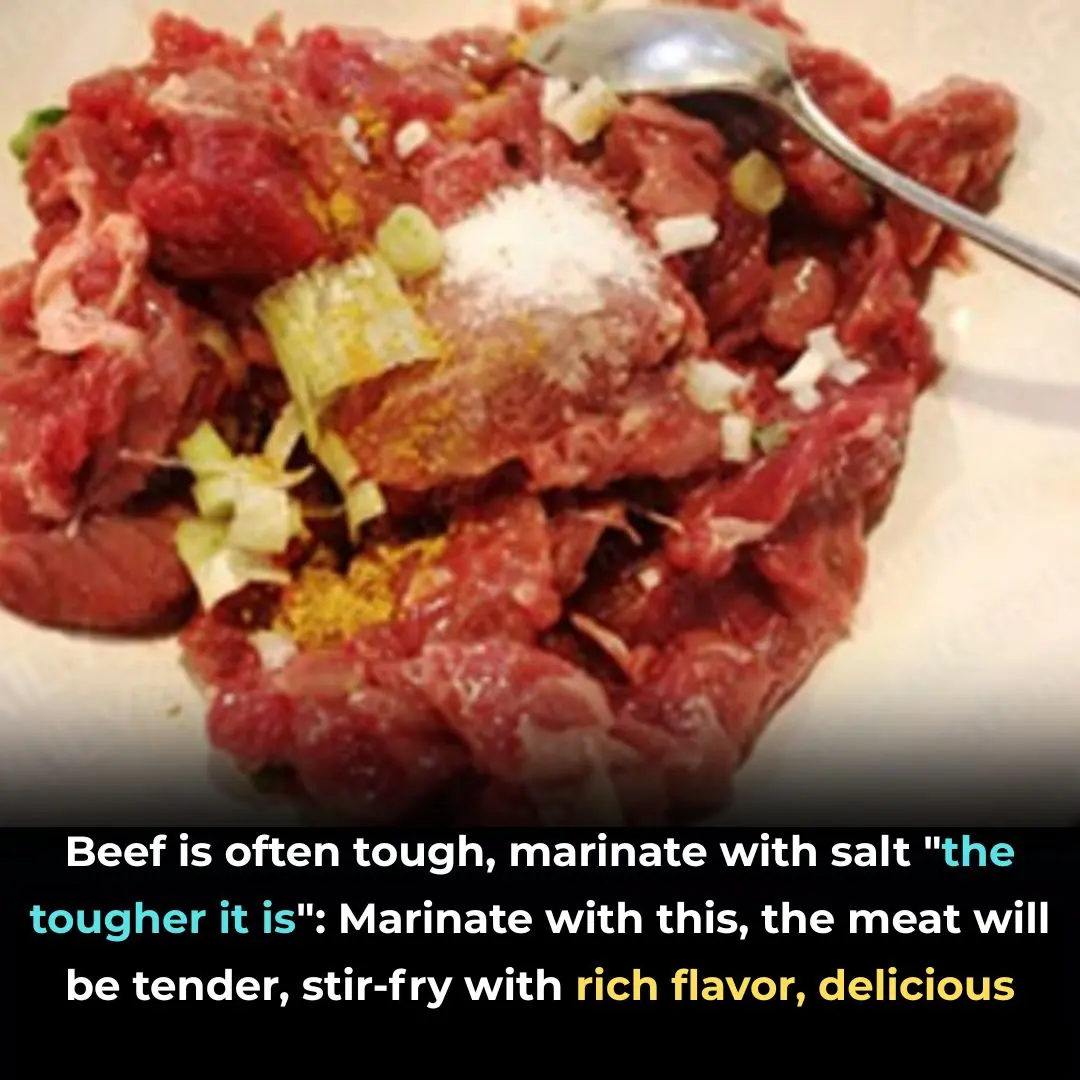
Beef is often tough, marinate with salt "the tougher it is": Marinate with this, the meat will be tender, stir-fry with rich flavor, delicious
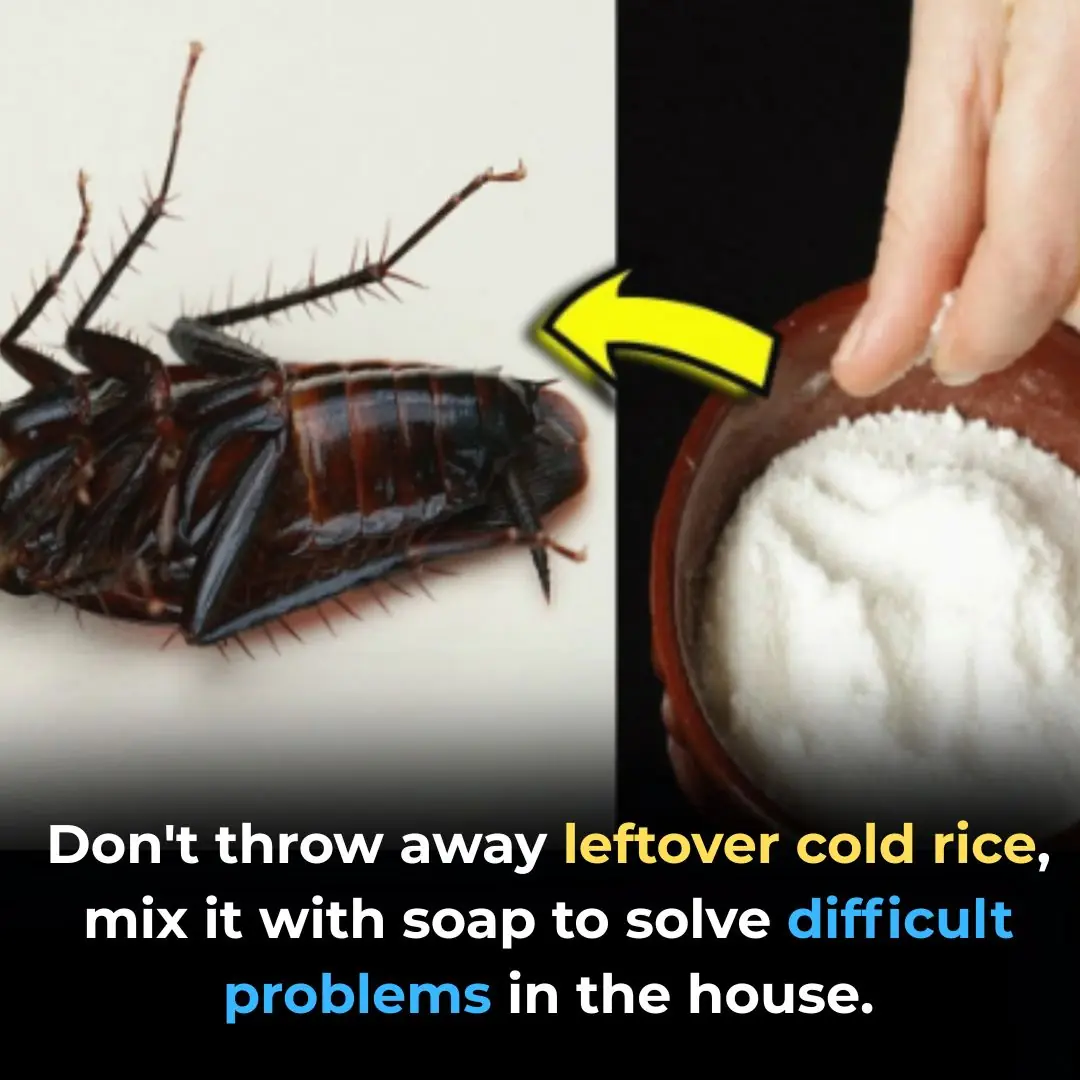
Don't throw away leftover cold rice, mix it with soap to solve difficult problems in the house.

How to Wash and Condition Your Hair with Beer to Reduce Hair Loss and Stimulate Continuous Hair Growth
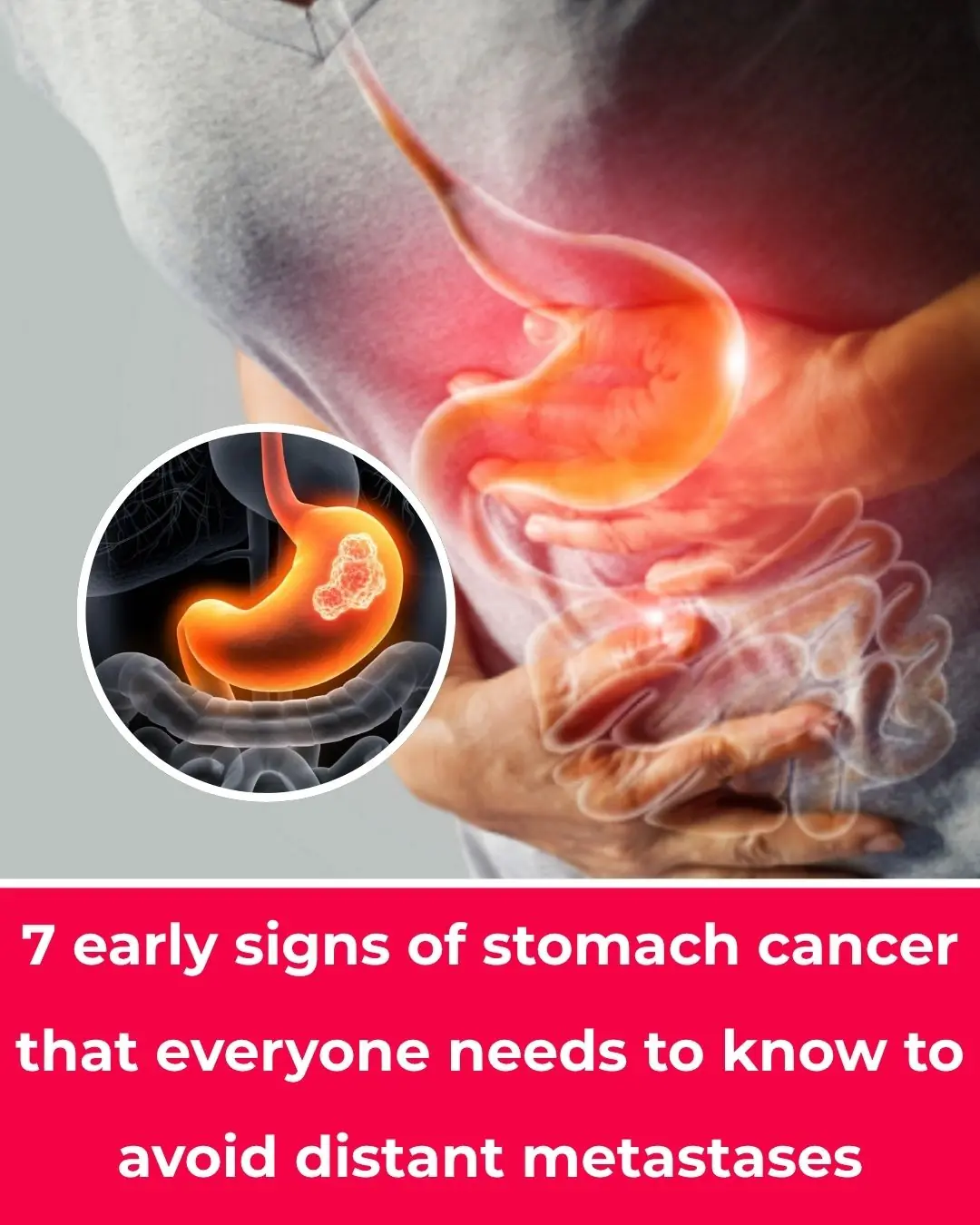
7 Early Signs of Stomach Cancer Everyone Should Know to Prevent Distant Metastasis
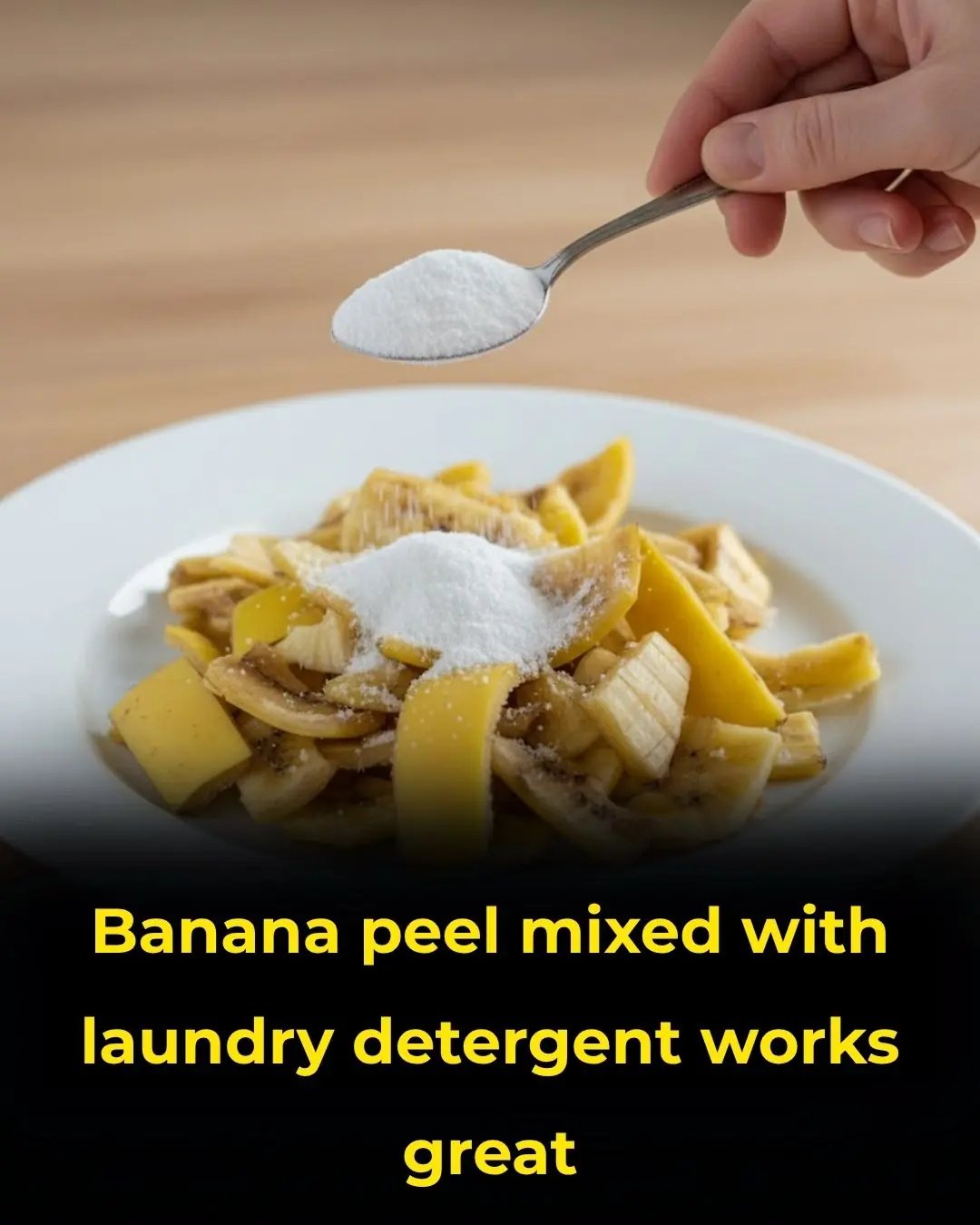
Banana peel mixed with laundry detergent works great
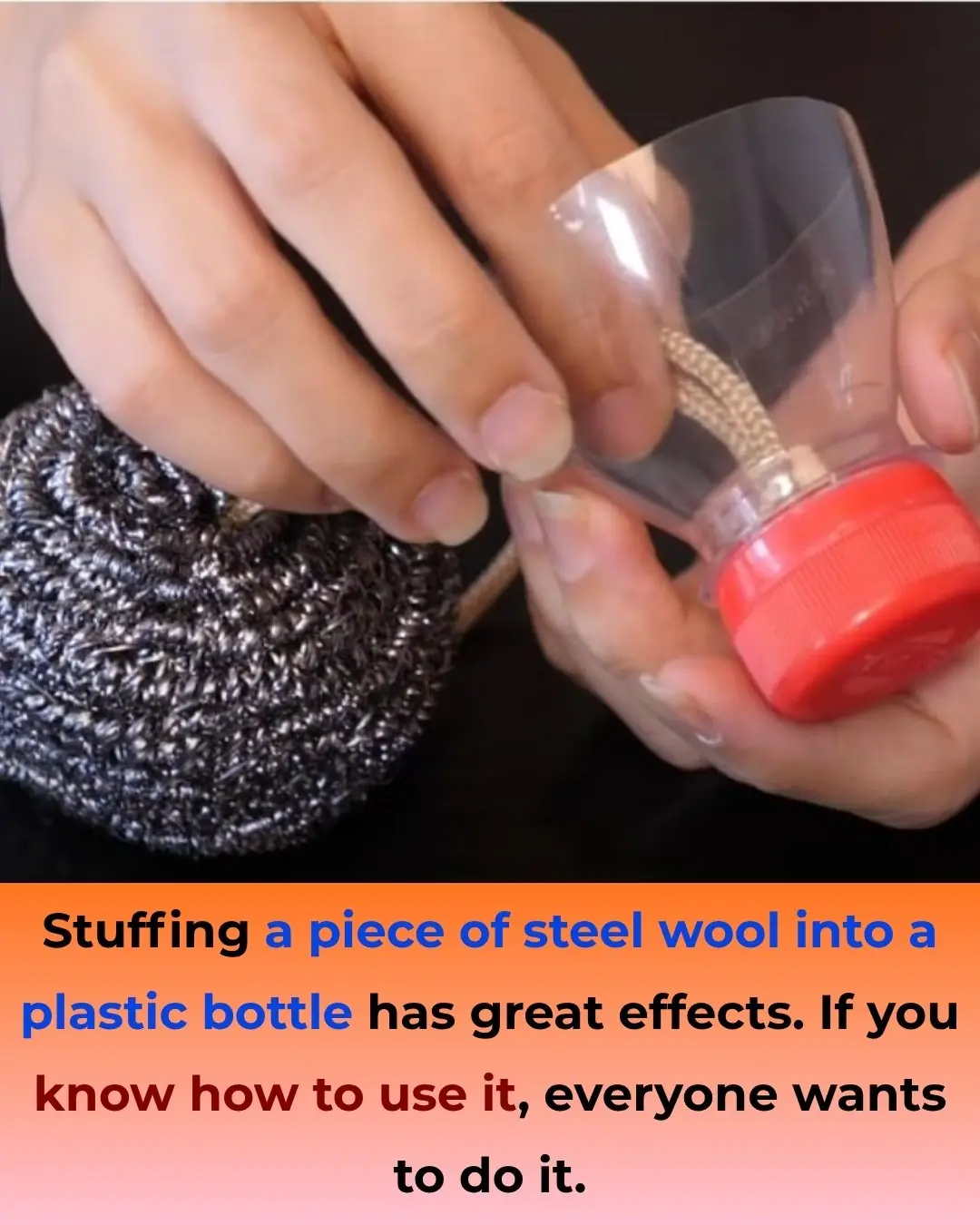
Stuffing a piece of steel wool into a plastic bottle has great effects. If you know how to use it, everyone wants to do it

When checking out of the hotel, don't be foolish and fold your blankets or pillows. Anyone who doesn't know will only be at a disadvantage
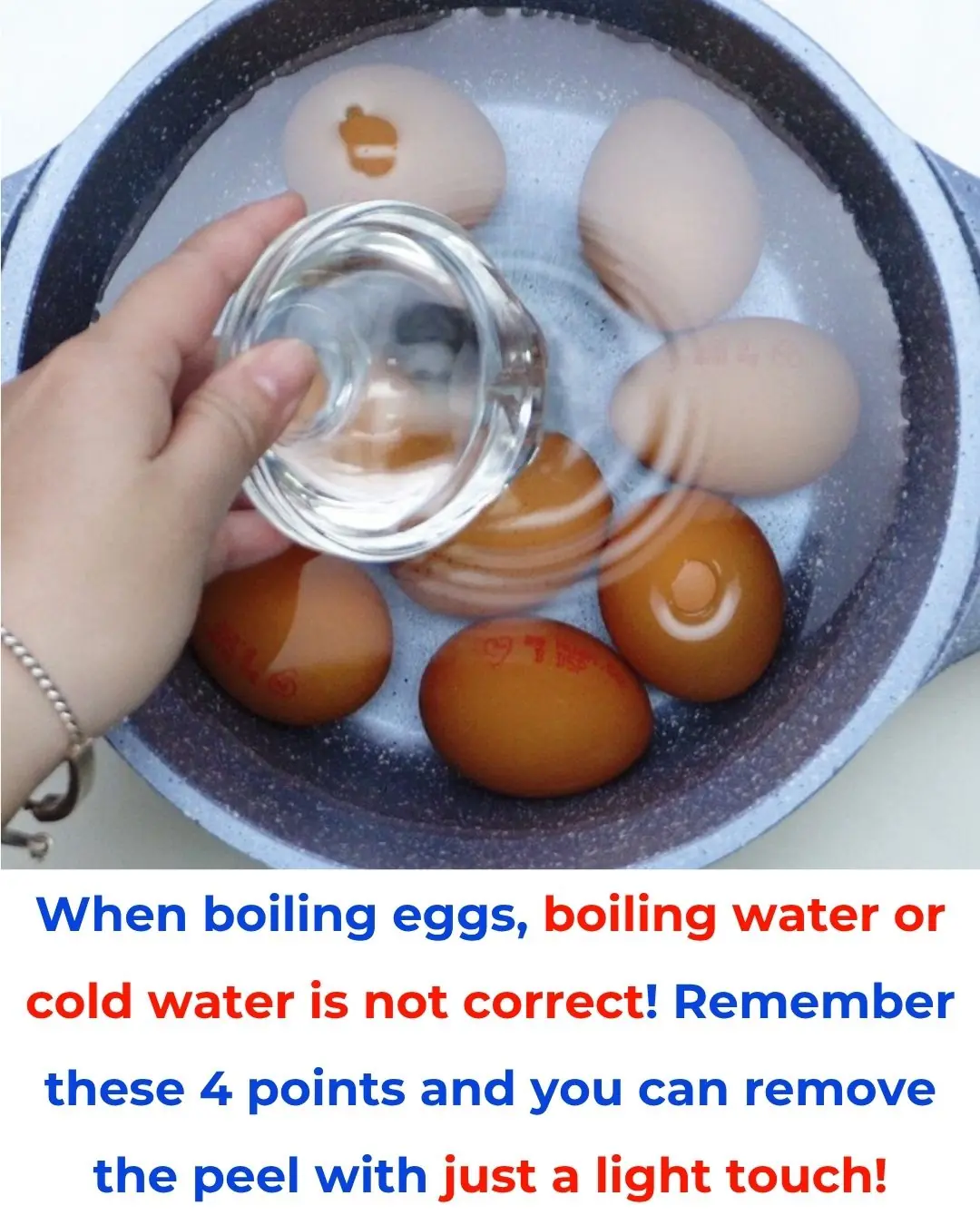
When boiling eggs, boiling water or cold water is not correct! Remember these 4 points and you can remove the peel with just a light touch!

5 things you absolutely should not put in the washing machine. They cannot be washed clean and are dangerous
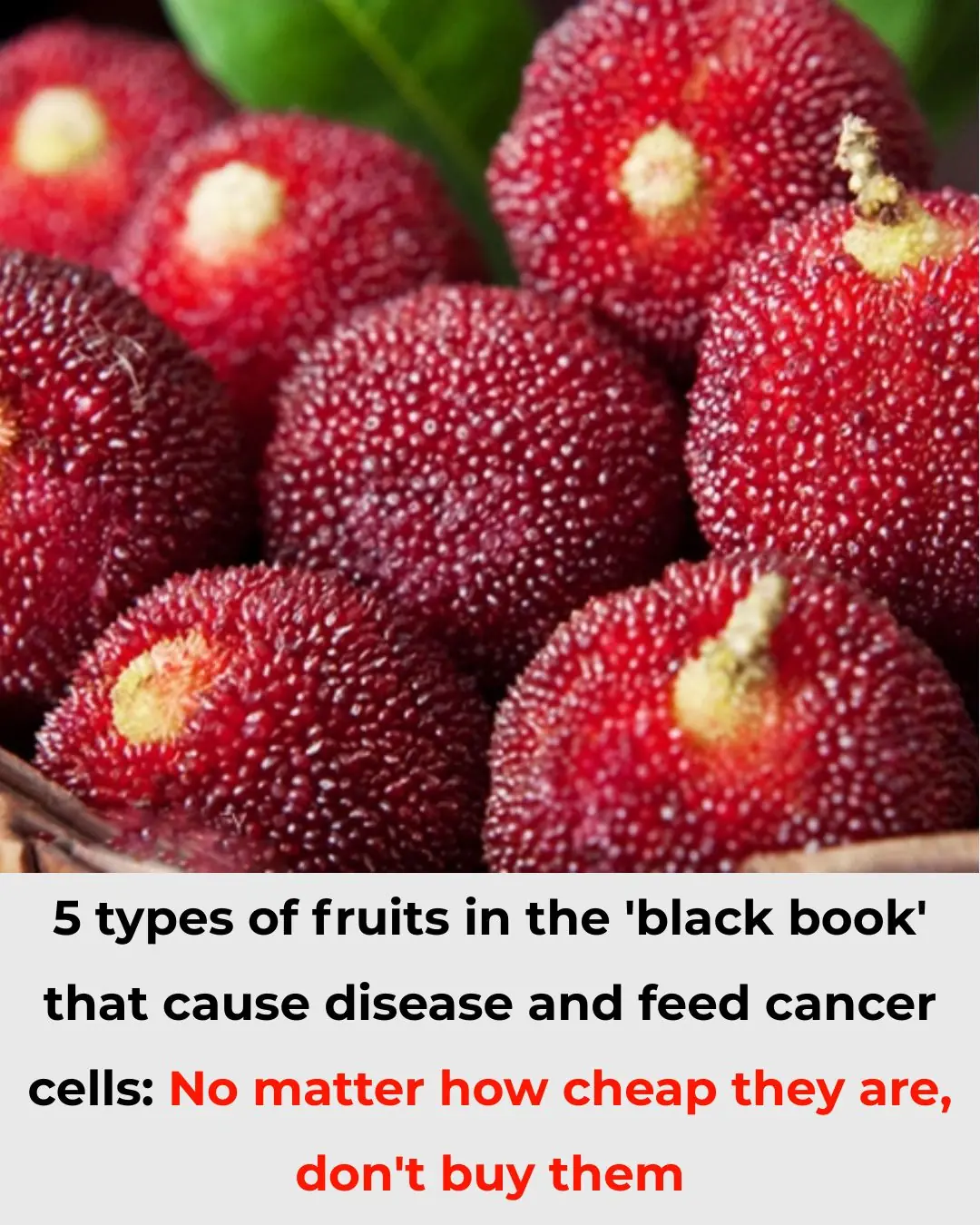
5 Fruits Listed in the ‘Black Book’ That Can Cause Cancer Cell Growth: No Matter How Cheap, Don’t Buy or Eat Them

A Man Who Didn’t Drink Alcohol Dies of Liver Failure; Doctor Sighs: “Eating These 4 Foods Daily Can Destroy Even the Strongest Liver!”

Kissing Bugs and Chagas Disease: A Hidden Danger at Home
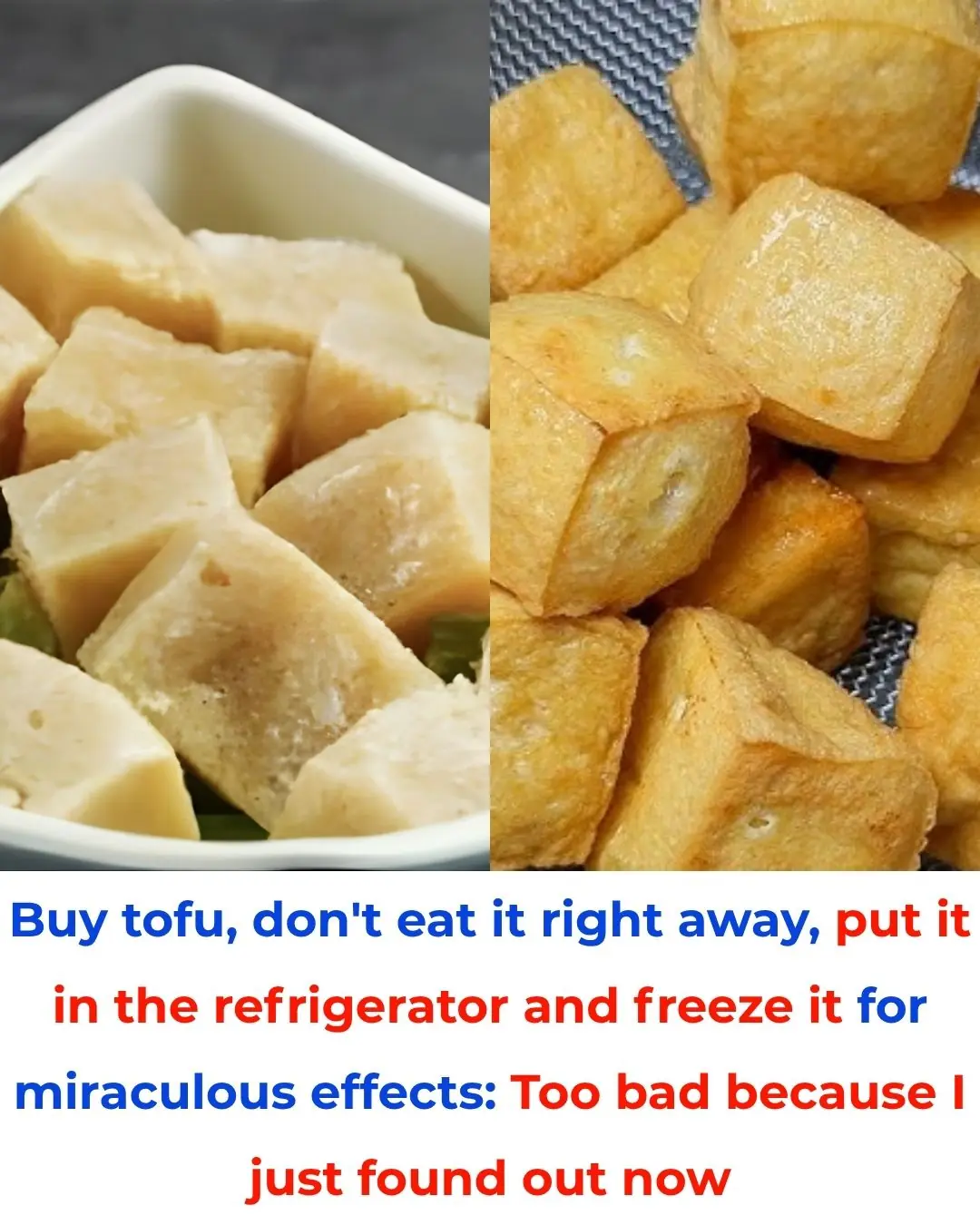
Don’t Eat Tofu Right Away After Buying — Freeze It for a Magical Effect: Wish I Knew This Sooner!

Add This One Ingredient to Your Coffee: Say Goodbye to Yellow Teeth and Bad Breath
News Post
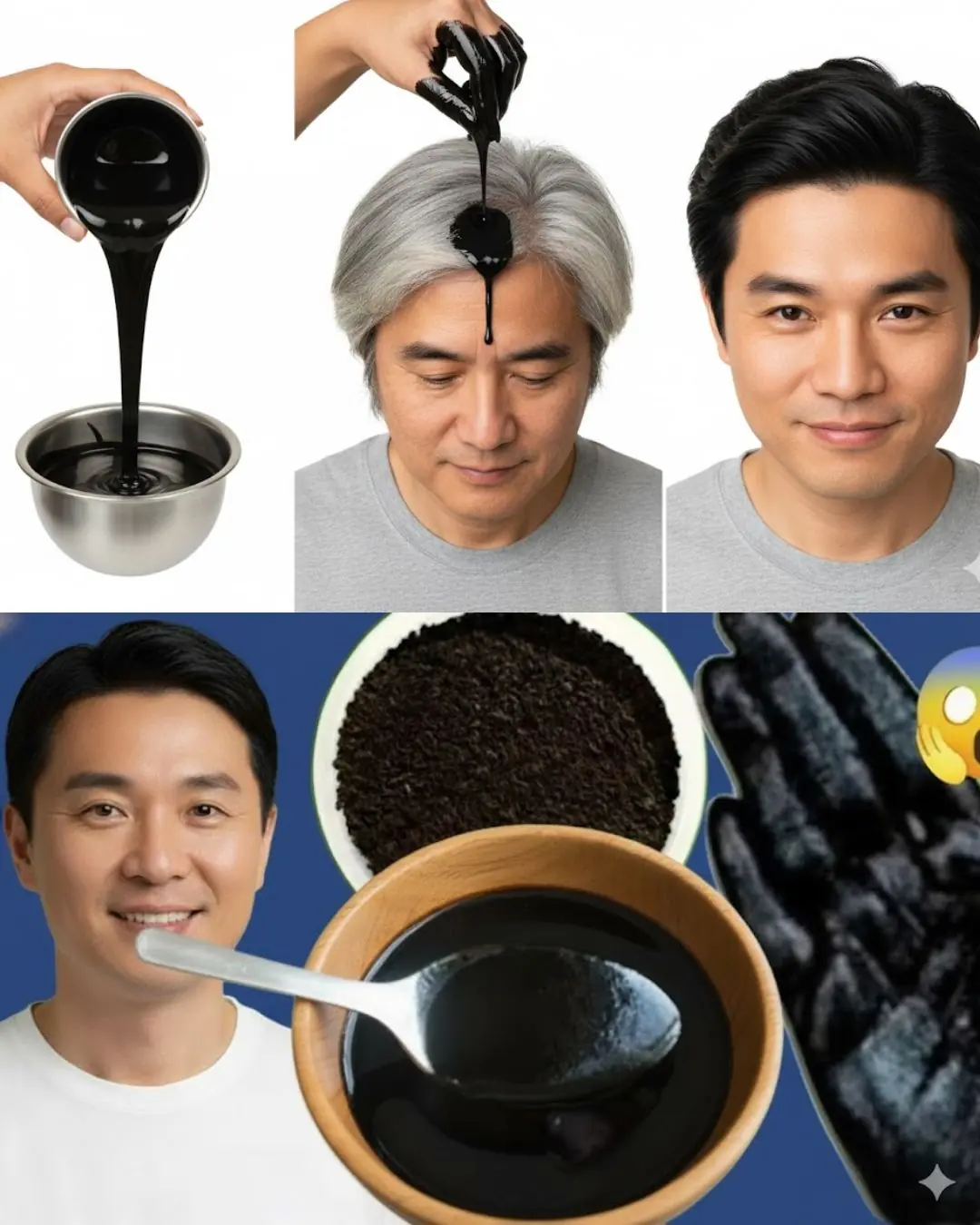
DIY Natural Hair Dye: Turn Gray Hair Black Naturally at Home
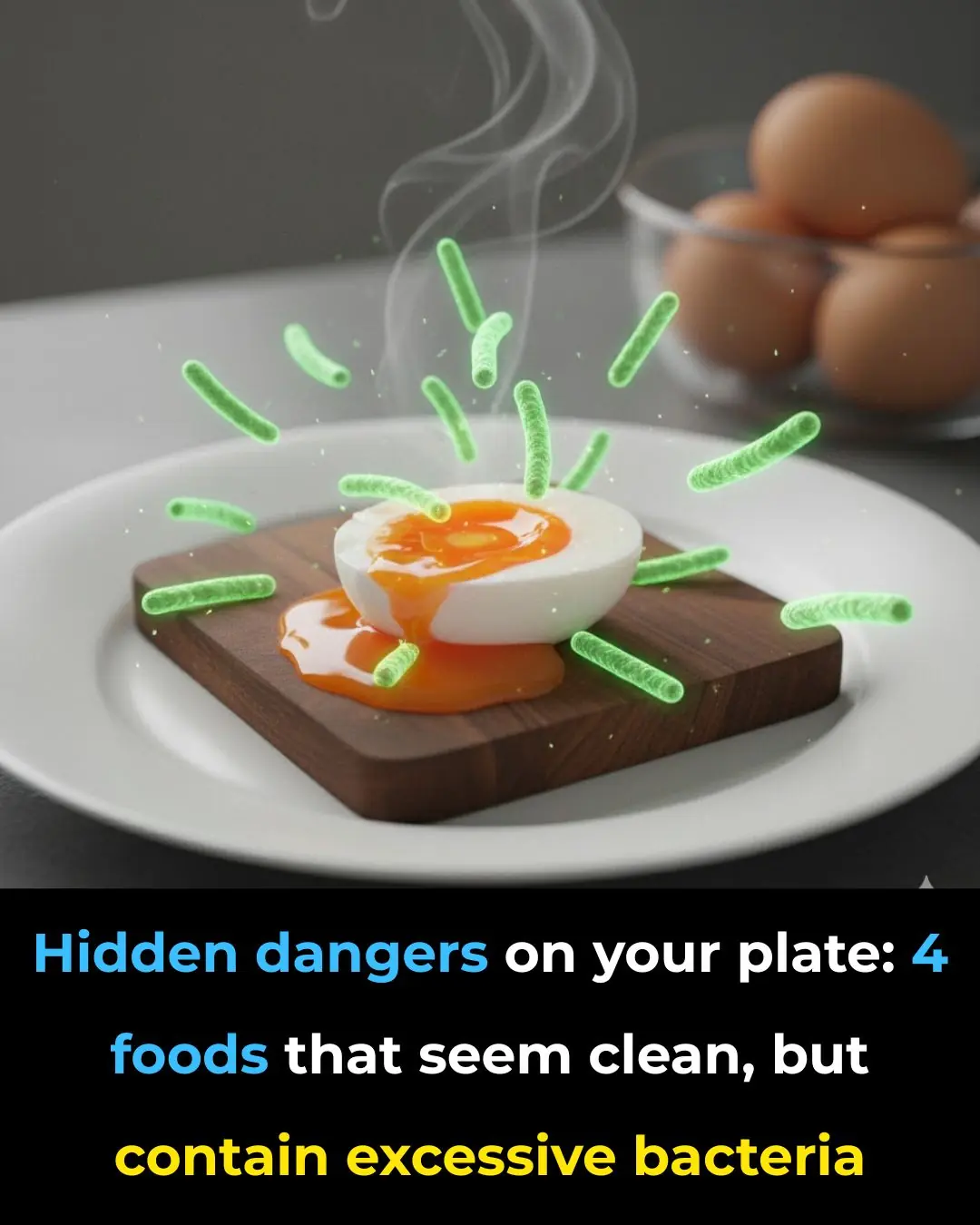
Hidden Dangers on Your Plate: 4 “Clean” Foods That Can Secretly Harm Your Health
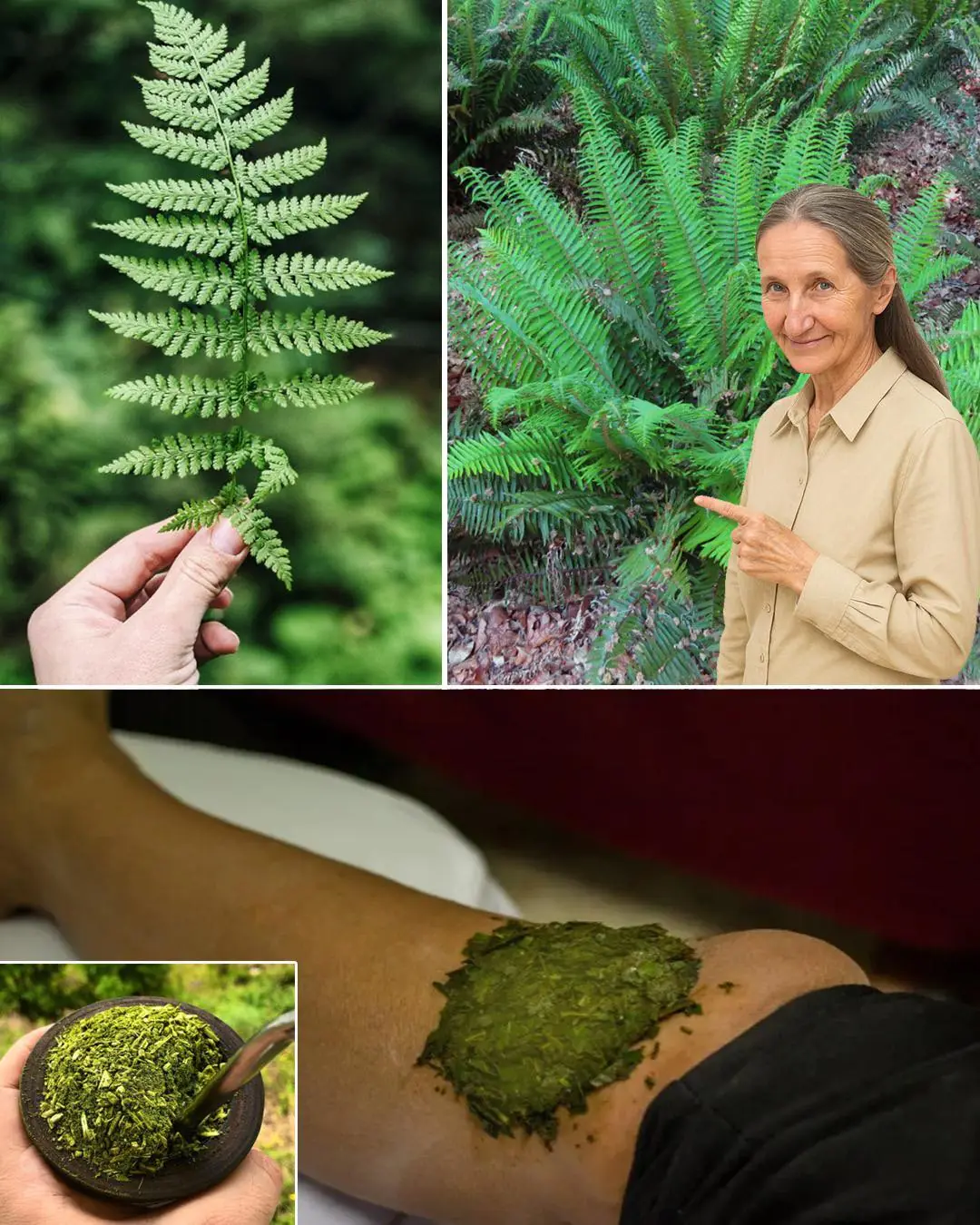
Fern Leaves Benefits and Uses: A Hidden Natural Remedy for Health and Home
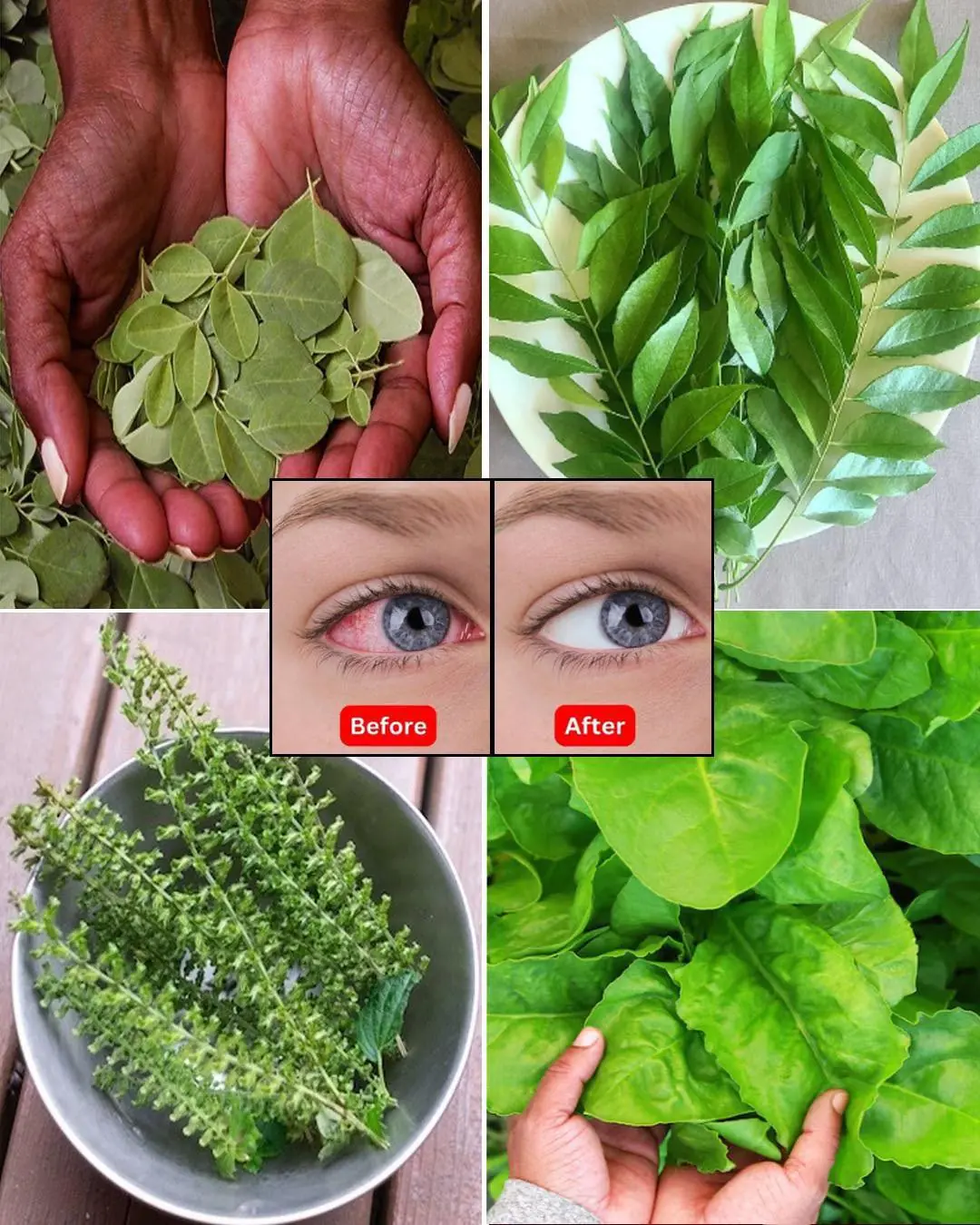
7 Essential Leaves to Naturally Improve Your Eye Health

Miracles happen when you put a handful of peppercorns under the bed, unfortunately I just found out now

4 Unusual Signs in Your Neck That Could Be Symptoms of Cancer — Don’t Ignore Them

The sink is clogged with hot water: Do this immediately to quickly unclog it and remove the bad smell.

6 Warning Signs in Your Legs That Could Indicate a Serious Disease — Don’t Ignore Them

How to grow sweet potatoes in soil bags using potato sprouts

How to make your own toilet deodorizer using ingredients available at home

3 Nighttime Signs That May Indicate Cancer

Yellow pillow stuffing with tiny spots that can't be washed off with soap: Soak it in this and it will be spotlessly clean.
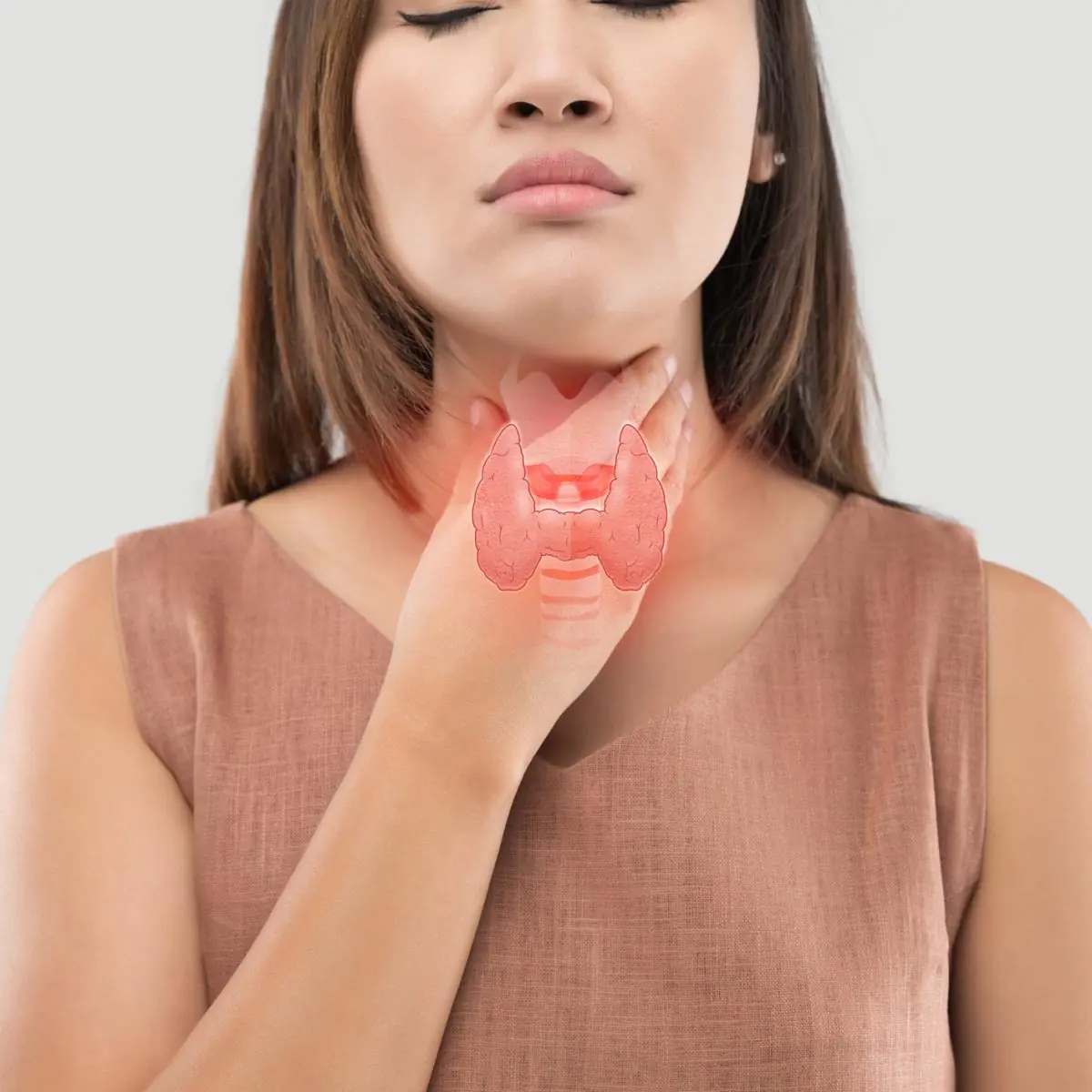
Heal Your Thyroid Naturally in Just 3 Days!

Side Effects and Dietary Recommendations Post Gallbladder Surgery

Beef is often tough, marinate with salt "the tougher it is": Marinate with this, the meat will be tender, stir-fry with rich flavor, delicious

The Meaning Behind the WC Toilet Sign

Don't throw away leftover cold rice, mix it with soap to solve difficult problems in the house.

Be Very Careful: If You Notice This Growth on Your Skin, It Could Be Something Serious
